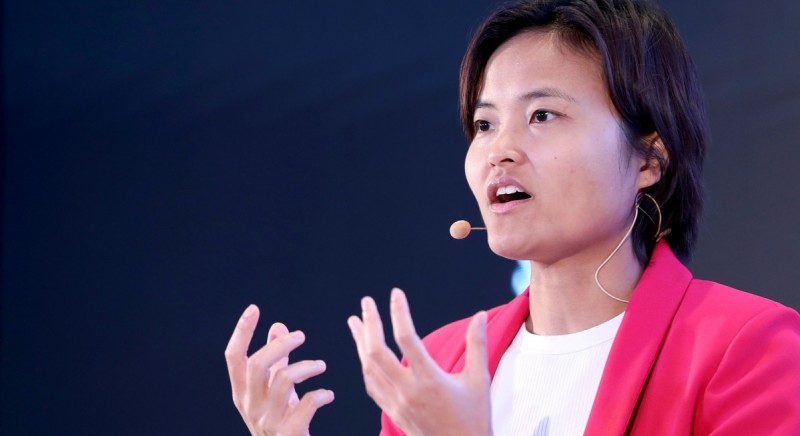Her exit leaves Chief Executive Officer Anthony Tan steering the company without his co-founder as it fights to reverse years of losses. Last week, its shares fell the most in more than a year after the company reported slowing spending by customers grappling with a higher rate of inflation and rising interest rates.
The two Tans, who aren’t related, founded Grab in 2012. Tan Hooi Ling then left briefly to work at other companies in the US before rejoining Grab in April 2015. She led various operations and technology teams, and also served as a member of Grab’s board since its stock-market debut in the US in December 2021.
In the memo to staff, CEO Tan said he wholeheartedly supports his co-founder’s decision to “pursue her personal passions at this time.” A succession plan has been in place for some time, the CEO said.
Grab is battling intensifying competition in Southeast Asia’s ride-hailing and delivery markets, with the contenders luring customers with promotions and lower prices. Grab has been slower to reduce expenses than regional competitors — as Singapore’s Sea Ltd. and Indonesia’s GoTo Group eliminated thousands of jobs last year, Grab refrained from mass layoffs.
See also: AXS rolls out bill-payment rewards as payment apps vie for user loyalty
The company has predicted it can reach breakeven on an adjusted basis in the last quarter of this year. While it reported a narrower quarterly loss last week, its customers are spending less on the platform than analysts expected. In the first quarter, its net loss narrowed to $244 million from $423 million a year earlier.




